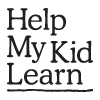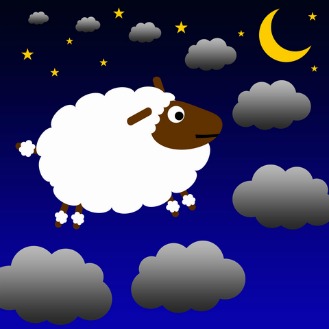What to do with this activity?
Getting your baby to sleep, especially for the longest possible night sleep, can be tricky. Setting up a routine for your child usually makes it easier. Get them to bed at the same time each night, with the same order of events (like brushing their teeth), and a bedtime story for your toddler. Children love routine - it makes them feel safe, they know what to expect, and what is expected of them.
Bring lullabies into your routine with your little one, the final thing before they go to sleep. They will love to hear your comforting, gentle voice repeating something familiar. See some rhymes below that you can say or sing.
I see the stars, and the stars see me.
God bless the stars and God bless me.
I see the moon, and the moon sees me.
God bless the moon and God bless me.
The next one was made famous by Bing Crosby. Click on the yellow "View activity link" below if you would like to hear him sing it.
Toora, loora, loora. Toora, loora, li.
Toora, loora, loora. Hush now, don't you cry, ah...
Toora, loora, loora. Toora, loora, li.
Toora, loora, loora. It's an Irish lullaby.
To find more rhymes and lullabies, click on the "Download the PDF" link at the top right of this page.
-
Why am I doing this?
Talking is one of the most important skills your child will learn. It seems to happen naturally, but in fact you have a very important role to play. Your baby will learn to talk by hearing other people talk. The more you talk with your baby and respond to their noises and babbles, the more you help them learn to communicate. This will help them in every aspect of their life.
-
How can I do more?
Songs and rhymes are especially good for children as the rhythms and repetitive language make it easier for babies to learn language skills. Babies love songs and rhymes, especially hearing the sound of your voice. This is a great way to help your child to talk and listen. Rhymes with actions explain what words mean - "pour me out" in "I'm a little teapot". You can also create sound effects when you are singing songs and saying rhymes. Use your hands to clap, your fingers to click and your mouth to make playful sounds and whistles.
Rate this activity
![]()
![]()
![]()
![]()
![]()
Based on 29 reviews
How would you rate it?
1 = Poor, 5 = Great.



